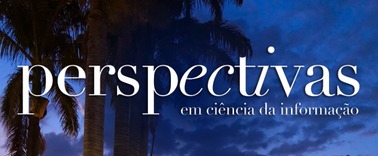ABSTRACT
It is an opportunity to better understand in formational intelligence by discussing it in the academic context, so the present study aimed to analyze the relationships of information al intelligence with the aspects of hyperculture of university students. In the information society, aspects of digital culture and cyberculture stand out; driven by the development of information and communication technologies have the consequences of hyperculture, which serves as a premise for the theory of cognitive mediation (TMC) that articulates the relationship between cognition, society and technology, helping to understand their impact on the cognition of individuals. To this end, the theoretic al framework is developed based on the understanding of informational intelligence, cognitive mediation theory and hyperculture. Methodologically, there search has a quantitative approach, using a questionnaire for data collection. In the analysis and interpretation of the data several statistic al methods were used. The population consisted of 1077 students enrolled in the second semester of 2017 of the UFPE Business Administration course. The sample was non-probabilistic, for convenience and stratified, having participated 347 subjects. The research results revealed that information al intelligence has a high correlation with hyperculture, this correlation corroborates that in the light of the theory of cognitive mediation informational intelligence is an essential element of hyperculture.
Keywords:
Informational intelligence; Hyperculture; Information management

 Fonte: Os autores (2018)
Fonte: Os autores (2018)
 Fonte: Os autores (2018)
Fonte: Os autores (2018)
 Fonte: Os autores (2018)
Fonte: Os autores (2018)
 Fonte: Os autores (2018)
Fonte: Os autores (2018)